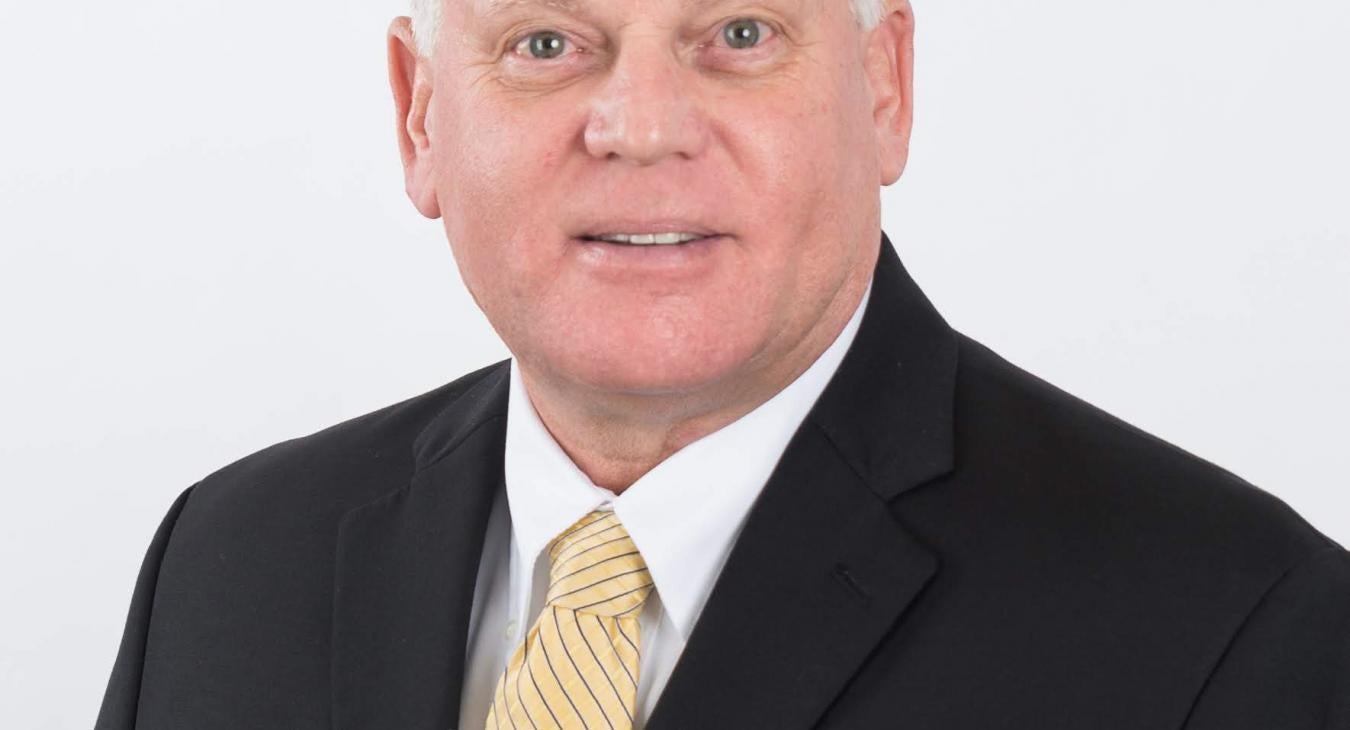We all know that rural North Carolina needs better access to broadband internet.
Recently, we have seen advertising spots from cable companies blaming the lack of rural broadband on electric utilities—including Randolph EMC, a not-for-profit electric cooperative that serves the rural areas of Randolph, Moore, Montgomery, Alamance, and Chatham counties. These ads claim that electric cooperatives are blocking cable companies from using utility poles for broadband.
What are those ads not saying? That cable companies want our members to bear the cost of extending these services.
To deploy broadband, cable companies install their equipment and fiber optic cable onto the existing utility poles that the cooperative has in place for power lines. When a pole is incapable of safely accommodating its additions, the company can request that the pole be replaced.
Under current law, cable companies pay the full replacement cost of these poles. They want to change that and are pushing a proposal at the North Carolina General Assembly that would require co-ops and their member-owners to foot the bill for replacing and upfitting poles. Shifting these costs would increase cable companies’ profits at our members’ expense, which is especially troubling considering there is more government funding available than ever before to support broadband infrastructure.
This profit-driven proposal would ultimately raise electric bills for Randolph Electric members and co-op members across our state’s rural communities. Cooperative businesses are different from for-profit companies whose profit benefits shareholders. Randolph EMC provides electric service at cost, which means any additional expense to the co-op is really an additional expense for co-op members.
The large, Fortune 500 cable companies who are demanding that our legislators pass on pole replacement costs have already won millions of dollars in federal grants to fund the extension of broadband services. Ironically, these grant funds were meant to prevent the end-user—our rural members—from having to pay for the cost of broadband deployment.
Randolph Electric and the other 25 electric cooperatives in North Carolina have fought for our members for more than 80 years on issues that impact rural people, their pocketbooks, and our ability to serve communities with affordable, reliable, and sustainable electricity.
Randolph EMC has also worked diligently with partners and the General Assembly to close broadband service gaps in ways that are efficient and affordable. We appreciate the support we have received from our local legislators this far in the process. Locally, Randolph EMC has a record of working with an excellent co-op partner, Randolph Communications, as they expand their fiber network into underserved areas, even outside their initial footprint. Whenever feasible, we will lay their fiber in our ditches. This outstanding working relationship with Randolph Communications helps provide efficiency for our members and theirs.
We were proud to support two recent legislative advancements that removed hurdles to broadband deployment: The Growing Rural Economies with Access to Technology (“GREAT”) and Electric Co-op Rural Broadband Services laws. Additionally, co-ops worked with lawmakers to propose an accelerated timeline for replacing utility poles. We know firsthand how important it is to make this service accessible to underserved areas There is no indication that the cable companies have similarly volunteered to accelerate rural broadband deployment to these areas.
Cable companies have ignored rural North Carolina for years while co-ops have been here for generations, always advocating for what is right and fair for our member-owners. No matter the outcome of this or other legislative issues, we will continue to support the best interests of our members. It is an honor to do so.
Dale Lambert, CEO, Randolph Electric Membership Corporation

